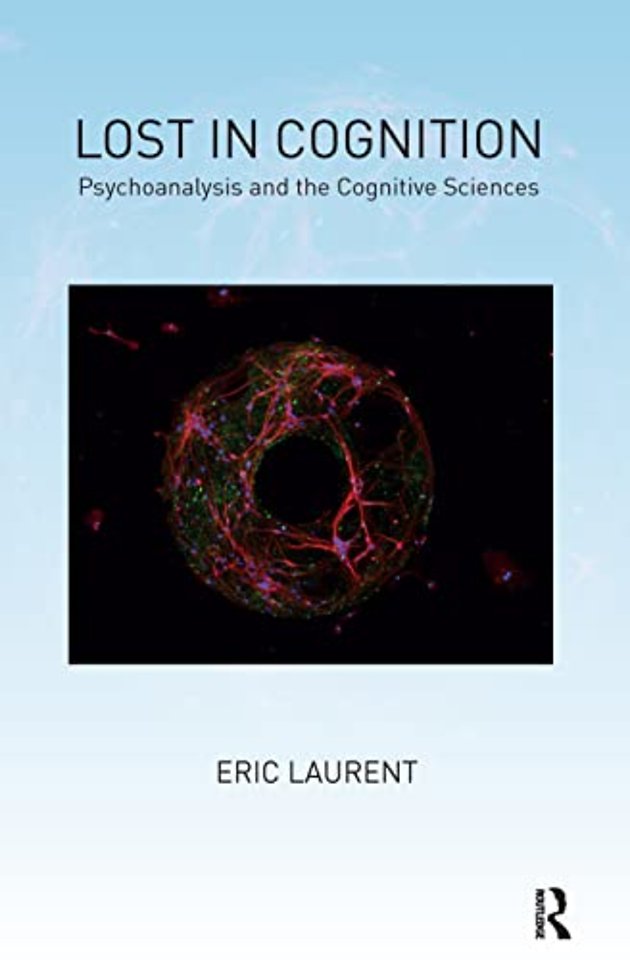Lost in Cognition
Psychoanalysis and the Cognitive Sciences
Samenvatting
This book examines the pretensions of the new paradigm in psychology that has put itself forward as the model for the future of the clinical disciplines, thereby seeking to put paid to psychoanalysis. What is this paradigm shift? It goes by the name of cognitive-behaviourism. Where does it come from? From the United States. Until the nineteen-sixties, behavioural psychology had enjoyed a certain prestige in the US. It was later disqualified by the objections from the linguist Noam Chomsky who held that no learning procedure could ever account for linguistic ability. This ability was surely innate, Chomsky argued, and so he set about hunting out the organ of language. Behaviour had to be complemented by a machine for taking cognisance, a machine that was innate and which conformed to the post-Chomskyan model. It took the discipline some thirty years to deck itself out in new clothes. The advances in biology, in neurology, and in the nebula that resulted from them under the 'neuroscience' label, oversaw this change.
Specificaties
Net verschenen
Rubrieken
- aanbestedingsrecht
- aansprakelijkheids- en verzekeringsrecht
- accountancy
- algemeen juridisch
- arbeidsrecht
- bank- en effectenrecht
- bestuursrecht
- bouwrecht
- burgerlijk recht en procesrecht
- europees-internationaal recht
- fiscaal recht
- gezondheidsrecht
- insolventierecht
- intellectuele eigendom en ict-recht
- management
- mens en maatschappij
- milieu- en omgevingsrecht
- notarieel recht
- ondernemingsrecht
- pensioenrecht
- personen- en familierecht
- sociale zekerheidsrecht
- staatsrecht
- strafrecht en criminologie
- vastgoed- en huurrecht
- vreemdelingenrecht

